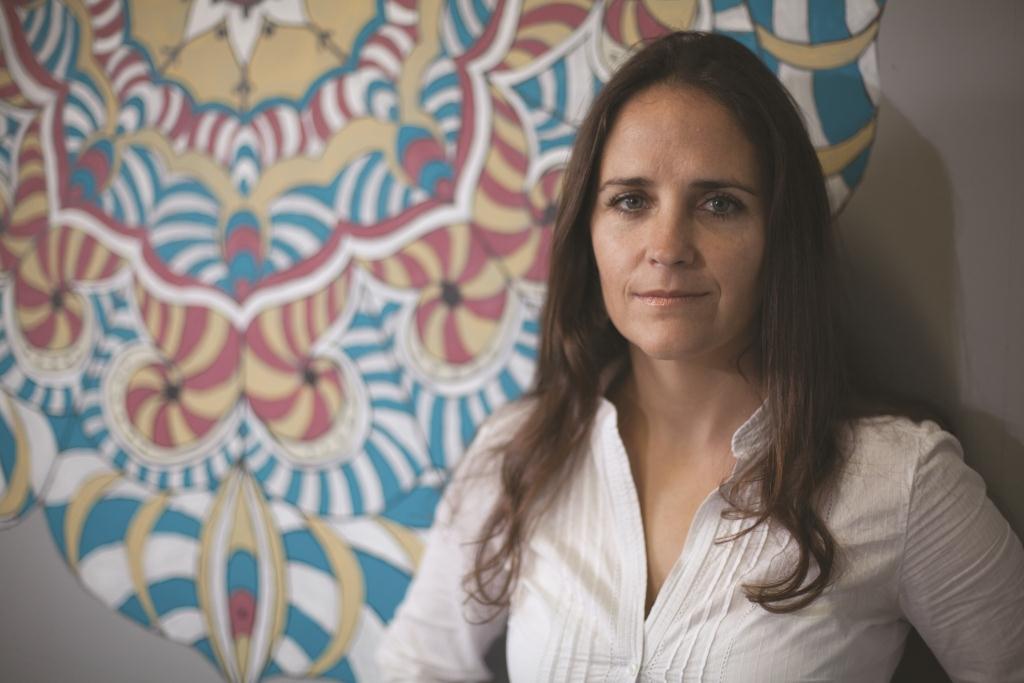They say ideas can strike at any moment. For South African Robyn Smith it was a London beauty store that inspired her to start a R41–million ($3-million) online African business.
“I was looking to buy a night cream for myself. I’ve got a background in marketing, so I didn’t want to be duped into buying the best creative agency advertising it; I wanted to buy the best product.”
“It was the first time I started looking at the ingredients’ list to find that the ‘natural night creams’ that I was picking up didn’t have a single botanical name in the listing. Some didn’t even have ingredient lists.”
So Smith founded her own, called Faithful to Nature, a South African online health shop. It sells anything from lipstick and underwear to spices and chocolates; so long as they are natural, organic and ethically sound.
“When you’ve got an infant industry like this it’s frustrating on the one hand because you are dealing with so many teething issues and on the other it’s exciting because there is so much opportunity,” she says.
Few people would have heard about ethical consumerism when Smith started her business. But, eco-friendly alternatives are on the rise.
“When I started in 2007, there was this misnomer that if a product contained aloe vera it was natural and organic. It didn’t matter what it was preserved with. There was a completely wrong idea on what actually constituted a natural organic product.
“When I got back to South African soil, and started looking for natural and organic stuff on the shelf, I realized there was no structure to the industry at all.”
Right up until 2012, Smith felt like she was chasing shadows, she calls them pink fluffy clouds. She was R2.5 million ($184,000) in debt; experts told her to run for the hills. She also faced divorce.
“When we got divorced, I had a 16-month-old baby, I didn’t own a car, I didn’t own a house, I had a business that was millions of rand in debt. My family couldn’t financially back me. My parents actually took a R500,000 ($37,000) mortgage on the house to keep the business going.”
“I didn’t have a choice but to turn the business into a profitable enterprise.”
Now, Smith is reaping the rewards of hundreds of hours spent scrutinizing the ingredient labels on products and ignoring the naysayers.
“I believe in 10 years, it’s going to be, you go and buy me a shaving cream and it will be organic, it’s a no-brainer. Once you start using natural organic products, you can’t go back.”
Smith’s ticket to success has been strict quality control. If new research shows that a product isn’t safe, she has to be brave enough to take it off the shelf, even if it’s a best-seller.
“I always had a very strong ethical compass. Even at school, I was always getting into trouble for being outspoken on the right thing. It didn’t necessarily make me quite popular,” says Smith.
“Ingredient integrity isn’t a static product. As more interest grows, more research is done on it.”
Smith’s warehouse can take 400 orders per day and delivers across the country. So determined is she to keep the company environmentally friendly, she reuses packaging from suppliers for her own customers.
“You can imagine; there is a huge amount of packaging coming into the business. Sometimes we will send out an order in a box that was actually used to bring in stock. So, it isn’t this beautifully branded Faithful to Nature box, but it’s the right thing to do. On the box we will write ‘reused box, please recycle me because I want to be in a bag next time’.”
With stock lining the rafters of her warehouse, and packages going out by the truckload, Smith is going to be a busy bee, the naturalists would be happy to let her buzz.
